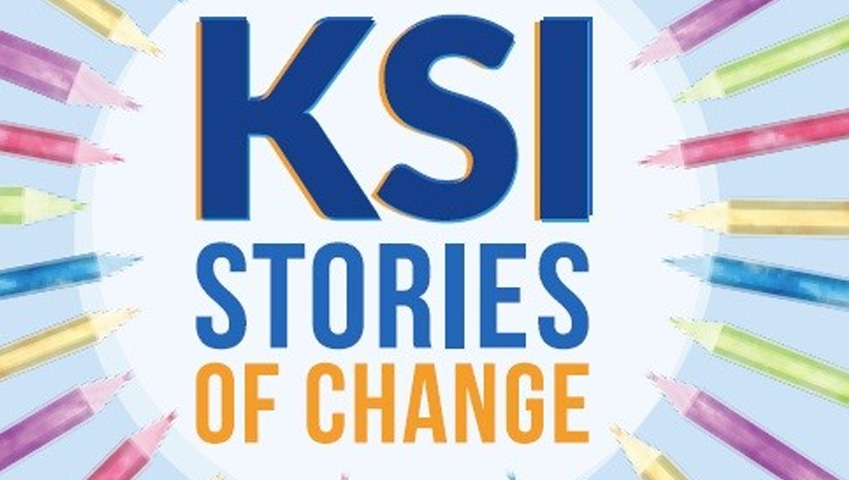About one-and-a-half months ago, KSI launched a ‘Call for Stories’ or ‘Yuk, Mari Menulis’ initiative to encourage our partners to write a story. At KSI, we believe the story-telling approach is one of the most powerful tools to illustrate and understand the way the knowledge sector is changing and our different contributions to it.
As part of this initiative, in August and early September 2016, KSI facilitated five tailor-made capacity building trainings for our partners and staff. These were followed by interactive coaching to help them develop an outline that they could use as the basis for writing their own stories. One of the writing workshop’s participants commented: “I never knew that changes we made can become an interesting story that we can use as reflection, and for others to know what we have done, and they can learn from it.” Another said: “My writing is now more interesting, easy to read and follow, even by myself!”
The call for stories is now about to close. At this point, we have received 54 stories written by 27 different organisations, including our government partners: LAN, TI-RBN and Balitbangs from the Ministry of Health and the Ministry of Marine and Fisheries. Some research partners, such as PKMK, PPIM UIN and SurveyMeter have submitted four or five different stories. Almost half the stories were written by women, and all writers have shown an interest and improved understanding of the benefits of storytelling to describe and document changes.
To bring the stories in line with KSI’s Theory of Change, we provided five different themes that could be selected by the writer. The 54 submitted stories align with each theme:
o Changes in the capacity and way of working of policy research institutes (20 stories)
o Changes in the production and communication of research (7 stories)
o Changes in policymakers acquiring and using research knowledge (13 stories)
o Changes in interaction between research producers and the Government (7 stories)
o Other changes that have occurred due to KSI’s contribution or attribution (7 stories)
In the coming weeks, we will continue to analyse the stories for our monitoring and evaluation purposes. We plan to nominate and select the 20 best stories to be published through the Stories of Change Compendium Report in November 2016. We are keen to present the best and most unique stories during KSI’s International Conference in early 2017, and hope they can tell larger audiences about changes that have occurred in the knowledge sector in Indonesia.
Through stories, we can make a big difference.






